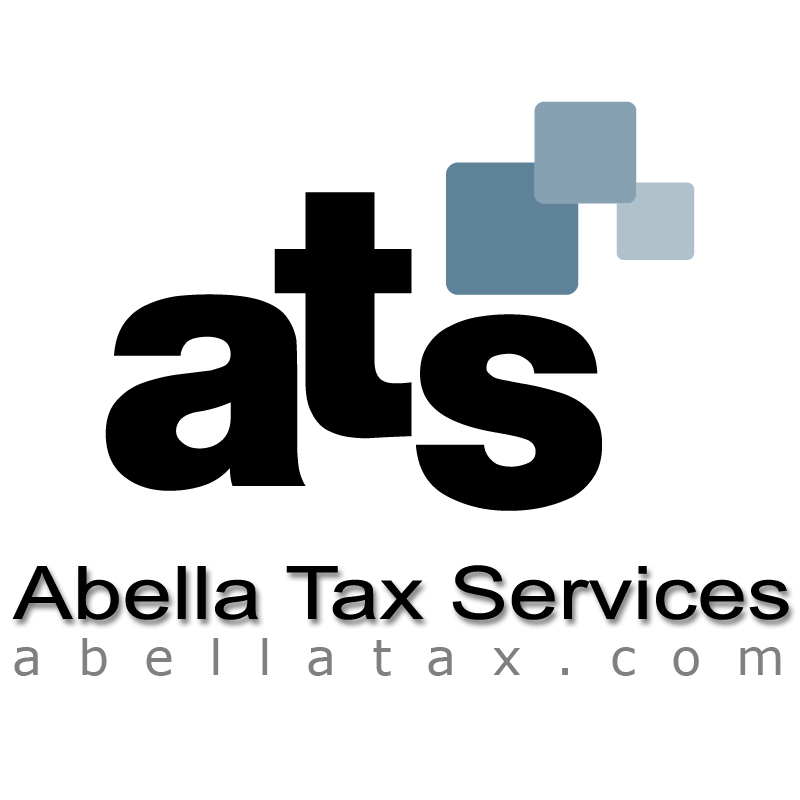Educator Expense Deduction – Did You Know?
If you are a teacher, principal, counselor, or classroom aide who works at least 900 hours a year in a state-accredited school (grades K-12), you may qualify for the Educator Expense Deduction. This IRS rule allows you to deduct up to $250 on your tax forms ($500 for joint filers who are both educators, but not more than $250 each) for classroom supplies that you purchase at your own expense.
Allowed expenses include traditional school supplies like rulers and markers, computer equipment and software, along with specialty items like athletic gear for physical education classes. A qualified tax advisor can help you determine which of your expenses qualify for the deduction.
You may not have to itemize deductions in order to claim the Educator Expense Deduction, but the IRS does require that you have written evidence for every expense. During this hectic back-to-school period when classroom expenses are most likely to occur, it is important to remember to save your receipts.
Quarterly Estimated Tax Payments - Reminder
If you are making quarterly estimated tax payments to the IRS, the due date for the June 1 - August 31 quarter of the year is September 15.
For payments made using IRS Direct Pay, you can make payments until 8PM EST, and for payments using a credit or debit card, payments can be made up to midnight on the due date.
If the due date for making an estimated tax payment falls on a Saturday, Sunday, or legal holiday, the payment will be considered on time if you make it on the next day that's not a Saturday, Sunday, or legal holiday.
RMD Repayment or Rollover Deadline - Did You Know?
The deadline to return or rollover a Required Minimum Distribution (RMD) for IRA owners, beneficiaries or workplace retirement plan participants is coming up on Monday, August 31.
The CARES Act allows most taxpayers with an eligible retirement account, such as a 401(k), 403(b) or traditional IRA, to skip their required minimum distributions (RMDs) for 2020 without penalty. Individuals who received the RMD, including those who turned 70½ in 2019, have the option to return the distribution to their account or other qualified plan. They may also have the option of rolling over to another IRA or qualified retirement plan by August 31, 2020 to avoid taxes on the RMD. Please note that the suspension of the RMD does not apply to qualified defined benefit plans.
A tax and financial professional can help you determine the best strategy for handling your 2020 retirement account RMDs.
If you own a business (or are considering starting one), consider attending this year's virtual WA Biz Fair November 10. It's free and you don't have to leave your house. We aren't involved in this event in any way, it just seems like a good resource to pass on: https://www.bizfair.org/seminar-schedule/
Renewing ITINs - Did You Know?
Individual Taxpayer Identification Numbers are used for taxpayers who are required for U.S. tax purposes to have a U.S. taxpayer identification number but do not qualify to get a social security number.
If you use an ITIN, you should check if it expires this year. If it does, information about how to renew your ITIN can be found at: https://www.irs.gov/credits-deductions/individuals/how-do-i-renew-my-itin. Keeping your ITIN current helps avoid tax refund and processing delays.
Taxpayers who have not used their ITIN to file a federal return at least once in the last three years will see their number expire Dec. 31, 2020. ITINs with middle digits 90, 91, 92, 94, 95, 96, 97, 98 or 99, that were assigned before 2013 and have not already been renewed, will also expire at the end of the year.
The IRS only has 10 years to collect your unpaid tax debt.
After 10 years expires, the IRS must, by law, put a credit on your account for the amount that cannot be collected, and move your account balance to zero. The time to collect begins when the IRS first puts a balance due on its books, and ends 10 years later. The end is known as the "IRS collection statute expiration date".
By law, owing the IRS is not forever.
And, of course, with our help, it's much, much less.
This is going to be a busy year for us (and most tax professionals, honestly). Because of the stimulus payments, extra unemployment benefits, PPP and EIDL loans, payroll tax deferrals, and the many other short-term tax credits and options available, we're already seeing more traffic in our office than usual this time of year.
So it would be wise to get an early jump on things, get questions answered, and help us get your process started smoothly ... because appointments are not going to be as readily available the further we get into tax season.
Contact us to get started.
Unemployment benefits are taxable in most states. (Check the article for the states that are exempt.)
If you don't get taxes withheld from your unemployment checks automatically or make estimated quarterly payments based on the benefits you received, the taxes will be due when you file your annual return. With all of the extra benefits available in 2020, that means you might be slapped with a tax bill that you didn't expect.
We have ways of helping you figure out those payments, if needed.
CNN.COM
If you received unemployment last year, you could be in for a surprise at tax time
The Families First virus-related Tax Credit has been extended through March 31, 2021. Many employers had been required to keep paying employees forced to miss work due to health restrictions (e.g. staying home with children while schools were closed), but offered a tax credit to help cover the cost.
Employers no longer must pay such workers. But the new bill extends the refundable tax credit through the first quarter for those bosses who are still doing so.
IRS.GOV
COVID-19-Related Tax Credits for Paid Leave Provided by Small and Midsize Businesses FAQs | Internal Revenue Service
The plethora of new tax breaks and credits from the two big COVID relief bills are not automatically applied to your taxes. You have to know about them and apply the appropriate information and forms to your return manually.
Yet another reason to confer with a professional who can help you do that.
A new benefit from the newest stimulus package...
The $300 ($600 for joint returns) above-the-line charitable giving deduction for all taxpayers, whether they itemize or not, has been extended through the end of 2021.
Corporations will also be allowed to deduct up to 25% of their taxable income for charitable contributions, which is an increase from the normal 10% allowed.



